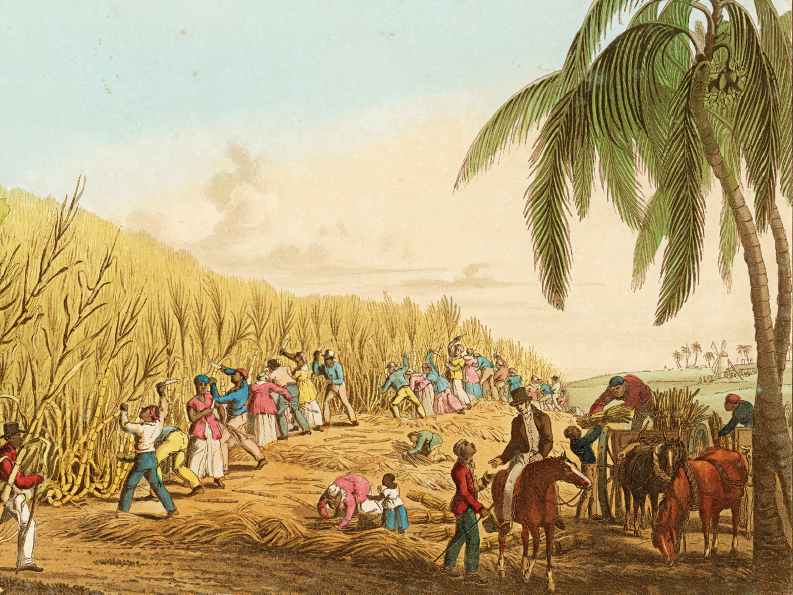Understanding Western Society
Printed Page 533
| > | What role did colonial markets play in Europe’s development? |

IIN ADDITION TO AGRICULTURAL IMPROVEMENT, population pressure, and growing cottage industry, the expansion of Europe in the eighteenth century was characterized by the increase of world trade. In the eighteenth century, Spain and Portugal revitalized their empires and began drawing more wealth from renewed colonial development. Yet once again the countries of northwestern Europe — the Dutch Republic, France, and above all Great Britain — benefited most.
The Atlantic economy that these countries developed from 1650 to 1790 would prove crucial in the building of a global economy. Great Britain, which was formed in 1707 by the union of England and Scotland into a single kingdom, gradually became the leading maritime power. Thus the British played the critical role in building a fairly unified Atlantic economy that provided remarkable opportunities for them and their colonists. They also competed ruthlessly with France and the Netherlands for trade and territory in Asia.